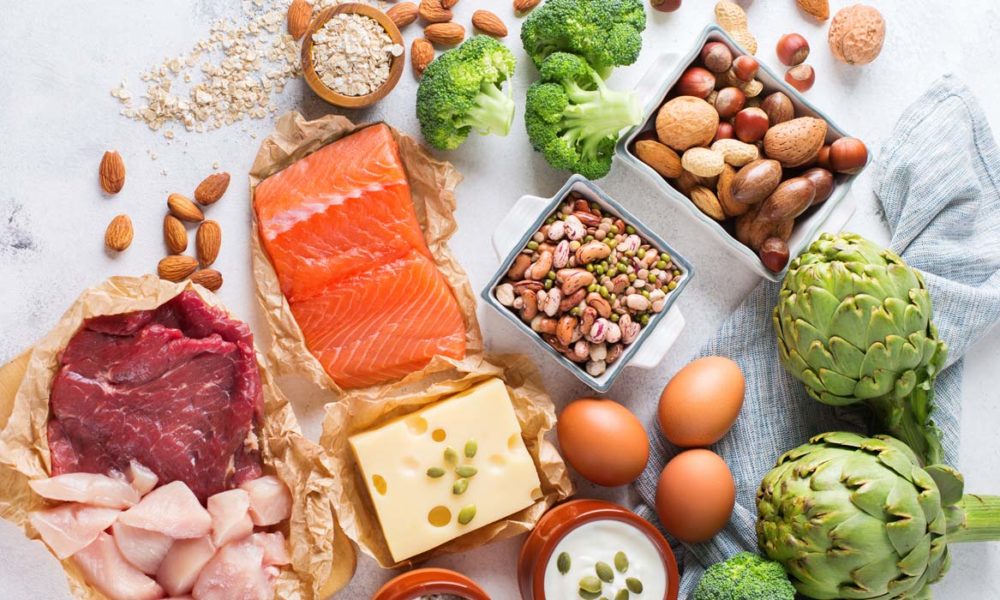Protein is the most important of the three macronutrients required for optimal health, which also include carbohydrates and fat. Due to the fact that it contains amino acids, also known as the building blocks of muscle tissue, protein plays a unique and vital function in bodybuilding. According to a number of studies, dietary protein and an amino acid-rich diet are beneficial for protein synthesis, as well as for the growth and recovery of lean muscle. Protein is a necessary supplement for bodybuilders, not a desirable one. Does protein give you energy? Read below.
What is the protein exactly?
Almost all foods derived from animals, such as chicken, sirloin, and fish, contain dietary protein, and each gram of dietary protein contains four calories. Plants also contain some protein, although not nearly as much as animal sources. To obtain a complete plant-based protein, you must ingest two distinct plant sources, such as hummus and dipping vegetables, rice and beans, or quinoa and lentils, for instance. To gain muscle mass, daily protein consumption is required. This is true regardless of your animal consumption.
The significance of protein in the process of muscle synthesis
According to studies, the amino acids that you obtain from consuming protein are responsible for the following bodybuilding benefits:
Protein Synthesis: This is the process by which the body constructs muscle protein, the primary source of sustenance for the growth of your lean tissue. When you have raised levels of protein synthesis without protein breakdown or catabolism, your muscle growth will be fueled. Physical activity and a diet high in protein are the primary stimuli for an increase in the rate of protein synthesis.
Hormone of Rejuvenation:
The production and secretion of growth hormone are two processes that contribute significantly to muscle growth. The most effective way to increase growth hormone levels, similar to the most effective way to increase protein synthesis, is to engage in a comprehensive exercise program that emphasizes hypertrophy and consume an adequate quantity of protein. Some naturally occurring amino acids in protein, such as creatine and glutamine, have been shown to enhance the levels of the hormone known as human growth hormone.
Muscle Development:
Muscle growth is without question the most well-known and highly desired benefit of protein consumption. Several studies have demonstrated a positive correlation between the intensity of one’s exercise, one’s protein consumption, and one’s gains in muscle mass. As previously discussed, the amino acids contained within the protein are the fundamental components of skeletal muscle and play a crucial role in the maintenance and growth of the muscle. Leucine is the most essential amino acid for growth because it prevents the degradation of muscle protein and stimulates protein synthesis.
Recuperation after Exercise
Aching muscles can be detrimental to your exercises because they prevent you from achieving your maximum performance. Staying within the hypertrophy-focused range of sets and reps is necessary if you want to see the most muscular growth possible. It is less likely that you will be able to push yourself during your exercise if your muscles still ache from the day before. Protein consumption has been shown to accelerate muscle regeneration and reduce muscle soreness after intense physical activity.
Stopping the degradation of muscle tissue is equally as important as promoting the formation of new muscle for building muscle. If you engage in vigorous exercise, train while fasting, or consume a low-calorie diet, there is a greater likelihood that your body will use the muscle you have worked so hard to build as fuel.

